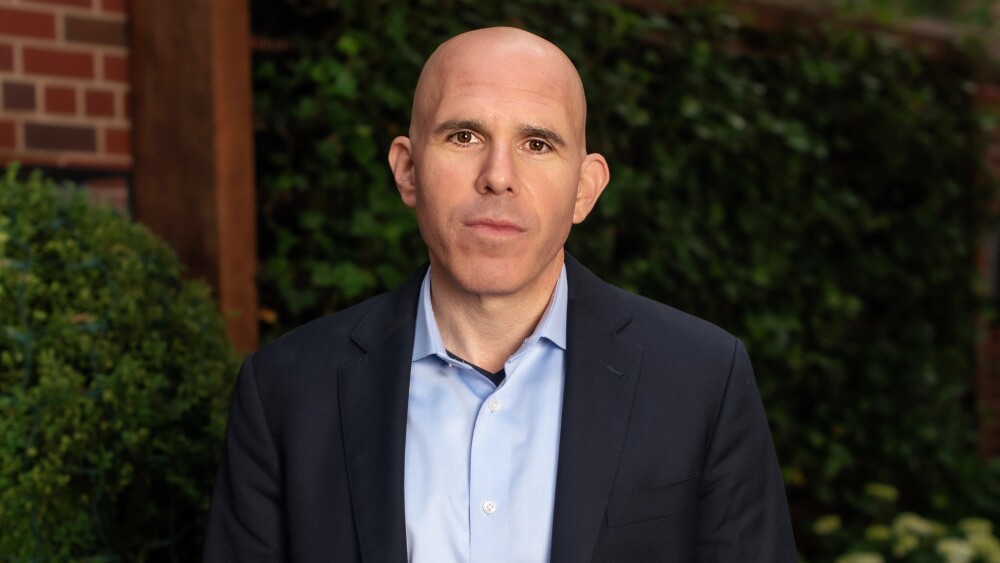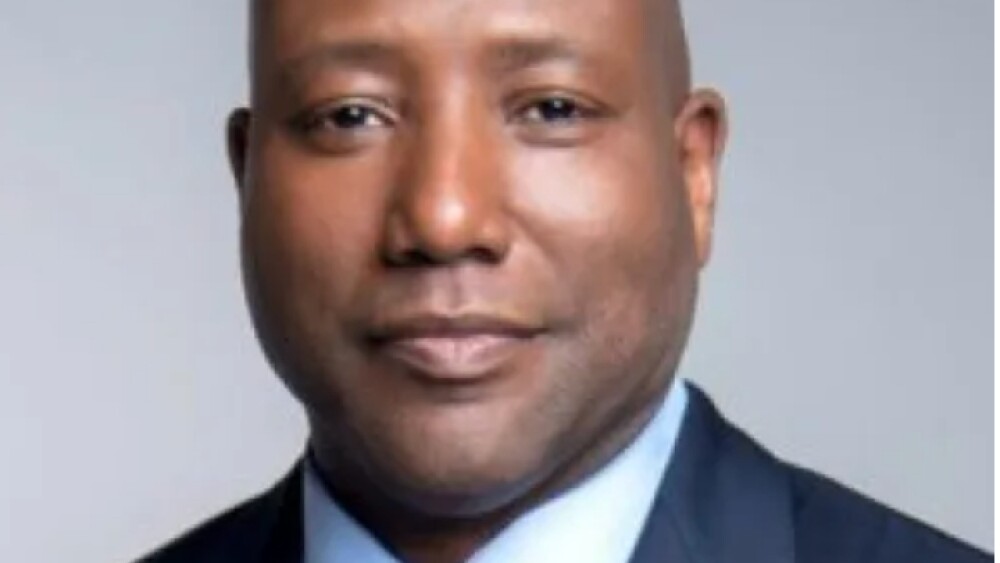More than $1 trillion in loan maturities are looming over the commercial real estate market “like a hurricane” off the U.S. coast—an enormous threat that grows with each day that interest rates remain high.
RXR CEO and Chairman Scott Rechler, in a recent ULI members-only webinar with ULI Foundation Chair Faron A. Hill, described the challenges and opportunities ahead as an epic, unavoidable storm. “That hurricane … eventually, it’s going to hit land,” Rechler warned. “The question is when it hits, how hard it hits, and where it hits the hardest.”
The brewing showdown is not the same as the 2008 Great Financial Crisis, when distress was resolved relatively quickly with a significant injection of liquidity and a falling rate environment. Rechler said that this time there is danger of loan maturities hovering over the market longer, doing even more collateral damage to investors, developers, and lenders, particularly regional banks with bigger commercial real estate exposures.
ULI members can access on Knowledge Finder.
Rechler, however, said he sees the current market dynamics as a once-in-a-generation investing opportunity. He articulated those reasons in this conversation with ULI Foundation’s Hill.
RXR is a New York-based, fully integrated real estate company with more than $18 billion in assets under management. Rechler currently serves as an elected member of the Board of Directors of the Federal Reserve Bank of New York, a seat he holds for three years. From 2011 to 2016, he served on the Board of Commissioners as vice chairman for the Port Authority of New York and New Jersey.
Faron A. Hill: You’ve compared the loan maturities to a hurricane gaining more power offshore before it hits. Getting through this storm means there has to be some give on either side of the equation. Is it on the rate side or on the asset value side of the equation? Which one has to concede ground to close the gap and shore up some of these transaction opportunities for the health and strength of the market overall?
Rechler: The first piece is lenders forcing this capitulation. In some cases, it’s in their own hands, if they have properties or loans that can’t be refinanced appropriately, [to write] off what they need to write off and [try] to move that debt, whether it’s selling that loan or restructuring it with the borrower. You’re seeing that more in the office sector, and you’re starting to see that more in the multifamily space if lenders are under pressure to reduce their commercial real estate exposure.
Borrowers have two choices in the market if they have to refinance. If you have to pay down the loan, you need to raise equity, because you’re not going to refinance the same amount that you had before, most likely, or you sell. We’re starting to see some of those borrowers now decide to sell versus write that $25 [million] or $50 million check to pay down [the loan], and that bid-ask spread is starting to get to a point where it makes sense to transact.
Hill: Do you think that mezzanine lending is going to be the key to unlocking transaction volume in the market overall?
Rechler: That’s where there’s capital on the sidelines, ready to play, and there’s infrastructure there as well. One of the challenges has been the senior lenders. We’re out there, and we provide mezzanine and preferred, and we could be anywhere from 40 [percent] up to 80 percent. Sometimes the challenge is that you don’t have the senior lender there.
The plumbing is clogged because, if you’re a bank and you’re being told by the regulators to reduce your commercial real estate exposure, you’re not really inclined to originate new loans until you can get some of those existing loans paid off. You see the same thing with mortgage REITs. Their systems are clogged with legacy loans, and they’re unable to be as active as they would normally be. That is also one of the things that creates the opportunity—this dislocation and lack of activity of other credit providers.
What will drive it is [that] we start having some capitulation and some level of transaction activity, which creates some level of transparency as to where pricing is and what structures work. Then you’ll start seeing a pickup of speed of clearing out the market and re-equitizing. But this is a multiyear process and not something we’re going to get done in a six- to 12-month period.
Hill: A lot of questions are focused on banks and banking activity. What’s your opinion on whether or not, at some point, we will see large-scale defaults?
Rechler: I think we’re going to see a big uptick in the defaults or short sales. It depends on what sector we’re speaking about. In the office sector, you can’t just kick the can down the road, because these properties need capital to maintain the underlying value, and they’re operationally intensive. So a bank is more likely to sell a loan or try some sort of restructuring where there’s a capital infusion. That is what we’ve seen to date.
On the multifamily side, we’re starting to see the defaults already, and I expect that we’ll see more of them. When you think about multifamily, what you had in 2021 and 2022 were record levels of transaction activity [because] people expected rates to stay low and rents to go high, and we had the inverse.
We also have a record level of new development that’s coming to market, particularly in the Sunbelt, which again [was] underwritten with a view that rates were going to be lower, and it has put some challenges on those properties. So, whether it’s defaults or short sales, we’ll see how that all plays through, but it’s going to force a change of ownership or a significant recapitalization.
Hill: Where do you see the opportunities to deploy capital these days?
Rechler: Credit solutions, whether preferred equity, participating in recapitalizations, providing construction financing, recapitalizing funds, or partnerships that need to be recapitalized—that is probably the area where there’s the greatest opportunity, if you can be creative and navigate through some of the complexities. But you need to think of yourself the way we do in that instance, which is to be part lender and part partner. If it is pure lending, there are other players that can do that at lower costs. You want to find the stuff that has some complexity, and I think there’s a lot that’s going to happen there.
In the Sunbelt area for multifamily, we have targeted markets that we call Eds, Meds, and Well-leds, which are places that have good education systems, good healthcare systems, which tend to be proxies for where talent wants to go, and [attract] leadership that’s investing in infrastructure, quality of life, economic opportunity, [and] affordability. We’re investing in Dallas, Tampa, and Raleigh, [for] example. We’ve been actively putting bids out to owners and developers that need to refinance. We’ve had this bid-ask gap for months now, and we’re now seeing it start to collapse. Once we start seeing some price clarification and price transparency in the market, that will help accelerate activity, and you’ll see much more of that start to trade.







